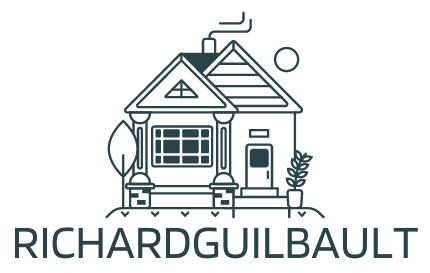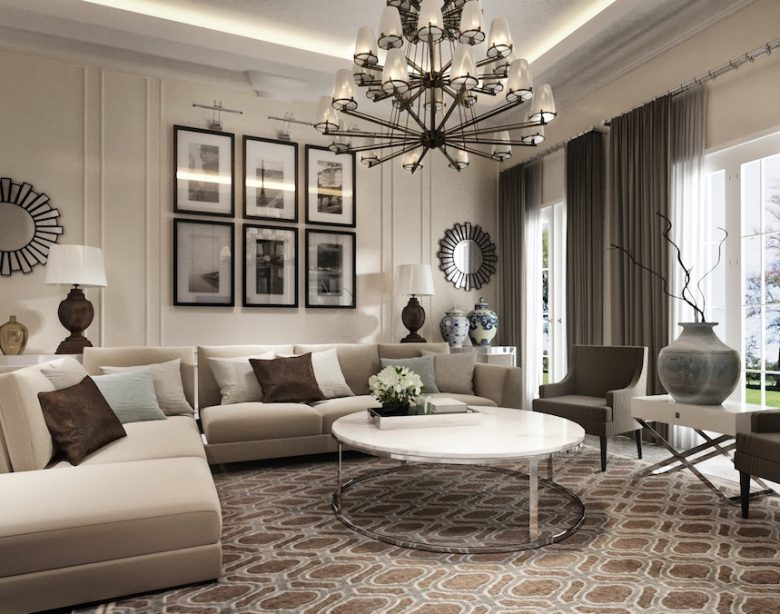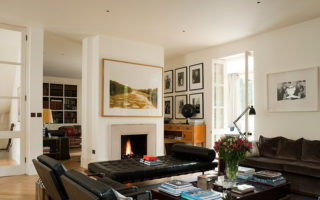Table of Contents
Designing an interior design project is not just about aesthetics; rather, it is about adding value to the space. It is all about making the most of every inch of space, and lighting is no exception. There are multiple reasons why interior designers light their projects carefully. No matter what type of interior design project you have in mind, choosing the right lighting will always be extremely important.
But before getting into the ‘why’ of choosing lighting for your interior design project, let’s understand ‘how’ it can help you design a better space? And how does one choose the ideal lighting for their interior design project?
The different types of interior design
When planning interior design, there are a number of different lighting options to choose from. Traditional interior design uses natural light and textures to create a warm and welcoming atmosphere. Modular interior design uses different types of lighting to create different moods and themes. Contemporary interior design uses modern materials and designs to create a fresh and modern look. Lastly, soft lighting uses low-wattage lights to create a relaxing and aesthetic atmosphere. High-intensity lighting uses high-wattage lights to create a dramatic effect. Each type of interior design has its own advantages and drawbacks, so it’s important to carefully consider which type of lighting works best for the interior design concept.
If you’re looking for an online platform that offers a wide variety of products and brands at competitive prices, Infinite Exchange is the perfect option for you. With its easy-to-use interface and comprehensive product selection, Infinite Exchange can help you easily shop for everything under one roof. So why wait? Get started today and explore the infinite possibilities that Infinite Exchange has to offer.
Lighting as an important part of interior design
Lighting is an important part of interior design. It can add or subtract warmth to the environment, depending on the type of light used. Natural light is generally considered to be the best lighting option, as it provides natural light and can highlight features in a room or create a dramatic atmosphere. Artificial lighting, such as light bulbs and artificial lights, can also be used for different purposes. Different types of lighting can be used for highlighting features or creating a particular mood, such as ambient lighting or task lighting. Using proper lighting can help create a relaxing or energizing atmosphere in a room, depending on the desired effect. Not only does it make interior spaces more comfortable and inviting, but it also helps to enhance the overall appearance and feel of a space.
Types of lighting available for interior design
There are several types of lighting available for interior design, including incandescent light, fluorescent light, LED, halogen, and multipurpose light. Though each type has its own unique features and benefits, you can select the best lighting option for your interior design project based on your preferences and budget.
Incandescent light is a traditional light source used in architectural styles such as vintage and classic. It’s warm glow is ideal for providing ambient light in a room. Fluorescent lights are energy-saving lights that produce a bright white light similar to the sun. They are popular among interior designers because of their ability to provide consistent illumination and reduce the reliance on artificial lighting. The recent emergence of LEDs has made them a popular option among interior designers as well. Halogen lights are inexpensive lights that produce a bright white light similar to natural sunlight. They are durable and easy to use, making them a popular choice among interior designers. Lastly, multipurpose lights can be used for interior design applications as well as outdoor lighting.
How to choose the right lighting for your interior design project?
When it comes to choosing the right lighting for interior design projects, there are a number of factors to consider. Firstly, different types of light have different effects on people and objects. For example, natural light is warm and flattering, whereas artificial light is crisp and clear. In addition to this, consider the task at hand. For instance, lighting can highlight the features of a room or space, such as its architectural features or furnishings, create a mood or atmosphere, or accentuate specific elements.
You could also choose fixtures with various brightness settings to suit your needs. Another factor to consider is the time of day. Depending on the time of day you are lighting your interior design project, you can create a sense of intimacy or warmth in the room. You could also use light as a way to draw attention to certain elements of a room. Finally, it’s important to take into account your budget when choosing lighting fixtures.
Things to keep in mind while choosing lighting for your interior design project
When it comes to interior design, lighting plays a vital role. However, it is important to consider factors such as mood and atmosphere while choosing lights. It is essential to choose lights that are suitable for the space you are decorating. This will ensure that the lighting complements the theme of the room. It will also help to create a desired ambience.
Consider the type of mood you want to create and the type of atmosphere you want to evoke when choosing lights. Choose lighting that is flattering to your skin tone. This will help to create a balanced appearance in your interior. Also, keep in mind the time of day when using lighting as its effect on your eyes should be taken into consideration.
Which type of lighting is best for your interior design project?
– Incandescent lights: These lights are the most common type of light used in interior design projects. They are affordable and flexible, but they can be dim and harsh on your eyes.
– LED: LED lights are becoming more popular because they are energy-efficient and have a long lifespan. They also offer a bright light that is perfect for interior design projects. However, they can be expensive to own and install.
– Fluorescent: Fluorescent light is often used for task lighting because it is low-cost and has a warm glow. However, the light source can become hot and irritating to the eyes over time.
– High-intensity discharge: High-intensity discharge lights are known for their dramatic effects such as creating shadows or highlights. They come in a wide variety of sizes, shapes, and colors ideal for interior design projects.
– Solar: solar light can be used to create a natural look in interior design projects. It offers a clean source of light without any harmful chemicals, making it an appealing option for interior designers looking to create healthy and safe environments.
Pros of using various types of lighting for interior design
A variety of lighting options can be used to design interiors with a wide range. From task lights to accent lights, different types of lighting can create moods and atmospheres in a room that are unique and engaging. Each type of light has its own benefits, such as accent lights creating a warm glow that accentuates features in a room, while task lights help to illuminate areas. The right type of light can make a big impact on the way people feel in a room, enhancing natural beauty or drawing attention to specific parts.
There are many different types of light fixtures available for interior design purposes, from traditional bulbs to LEDs and other options. Different types of lighting can accentuate or diminish features in a room, depending on the type of light used. The right lighting can make a big difference regarding how people feel in a space, helping to create a positive atmosphere and enhance the natural beauty of interior designs.
Lighting is a vital aspect of interior design that cannot be ignored. A room with the right lighting can create a warm atmosphere, whereas improper lighting can make a room feel cold and impersonal. The lighting design for an interior design project depends on various factors. It includes the size of the project, the design intentions, and the desired ambience. You must think about all these factors to pick the best lighting solution for your interior design project. Besides, you must ensure that your lighting design fits into your budget and lifestyle. Here is a PDF featuring ‘Excelent PDFs for interior design’ which gives you some inspiration for your next interior design project.




